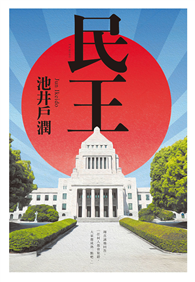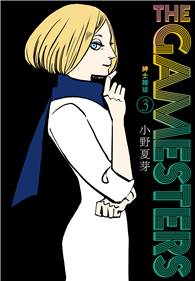Speech Act Theory and Shakespeare delves deeper than linguistic ornamentation to illuminate the complex dynamics of thanking as a significant speech act in Shakespearean plays. The word "thanks" appears nearly 400 times in 37 Shakespearean plays, calling for a careful investigation of its veracity as a speech act in the 16th-century setting. This volume combines linguistic analysis to explore the various uses of thanks, focusing on key thanking scenes across a spectrum of plays, including All’s Well That Ends Well, Romeo and Juliet, The Merchant of Venice, Timon of Athens, The Winter’s Tale, and the Henriad. Shakespeare’s works indicate the act of thanking to be more than a normal part of dialogue; it is an artistic expression fraught with pitfalls similar to those of negative speech acts. The study aims to determine what compels the characters in Shakespeare to offer thanks and evaluates Shakespeare’s accomplishment in imbuing the word "thanks" with performance quality in the theatrical sphere.
This work adds to our comprehension of Shakespearean plays and larger conversations on the challenges of language usage in theatrical and cultural settings by examining the convergence of gratitude with power dynamics, political intrigue, and interpersonal relationships, drawing on a multidisciplinary approach that includes pragmatics, philosophy, religion, and psychology.

 看圖書介紹
看圖書介紹










